Community development is a critical aspect of Nigeria’s development agenda. Non-governmental organizations (NGOs) have been at the forefront of community development initiatives in Nigeria, working to improve access to education, healthcare, and economic opportunities. Despite the challenges they face, NGOs remain a vital part of Nigeria’s community development landscape.
The Role of NGOs in Community Development
NGOs play a crucial role in community development in Nigeria, working to:
- Improve access to education: NGOs are establishing schools and providing educational resources to communities.
- Enhance healthcare services: NGOs are establishing healthcare facilities and providing training to healthcare providers.
- Promote economic empowerment: NGOs are providing training and resources to support entrepreneurship and economic development.
Challenges Facing NGOs in Community Development
NGOs face several challenges in community development in Nigeria, including:
- Limited funding: NGOs often struggle to secure funding to support their initiatives.
- Cultural and social barriers: NGOs may face cultural and social barriers when working with communities.
- Poor infrastructure: NGOs may struggle to provide services in areas with poor infrastructure.
Opportunities for NGOs in Community Development
Despite the challenges, there are opportunities for NGOs in community development in Nigeria, including:
- Partnerships with government: NGOs can partner with government agencies to access resources and support.
- Collaboration with local organizations: NGOs can collaborate with local organizations to leverage resources and expertise.
- Innovative funding models: NGOs can explore innovative funding models, such as social entrepreneurship and impact investing.
Examples of Successful NGO-Led Community Development Initiatives
Several NGOs have successfully implemented community development initiatives in Nigeria, including:
- The Rural Development Programme: This programme, implemented by the NGO, ActionAid Nigeria, has improved access to education and healthcare in rural communities.
- The Community Health Programme: This programme, implemented by the NGO, Save the Children Nigeria, has enhanced healthcare services in communities.
- The Economic Empowerment Programme: This programme, implemented by the NGO, Oxfam Nigeria, has promoted economic empowerment among women and youth.
Conclusion
NGOs play a vital role in community development in Nigeria, working to improve access to education, healthcare, and economic opportunities. Despite the challenges they face, NGOs remain a crucial part of Nigeria’s community development landscape. By leveraging partnerships, collaborations, and innovative funding models, NGOs can continue to drive positive change in Nigerian communities.






